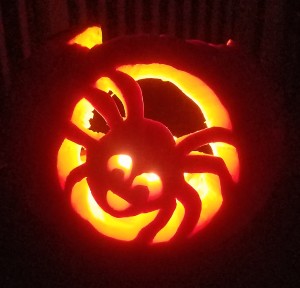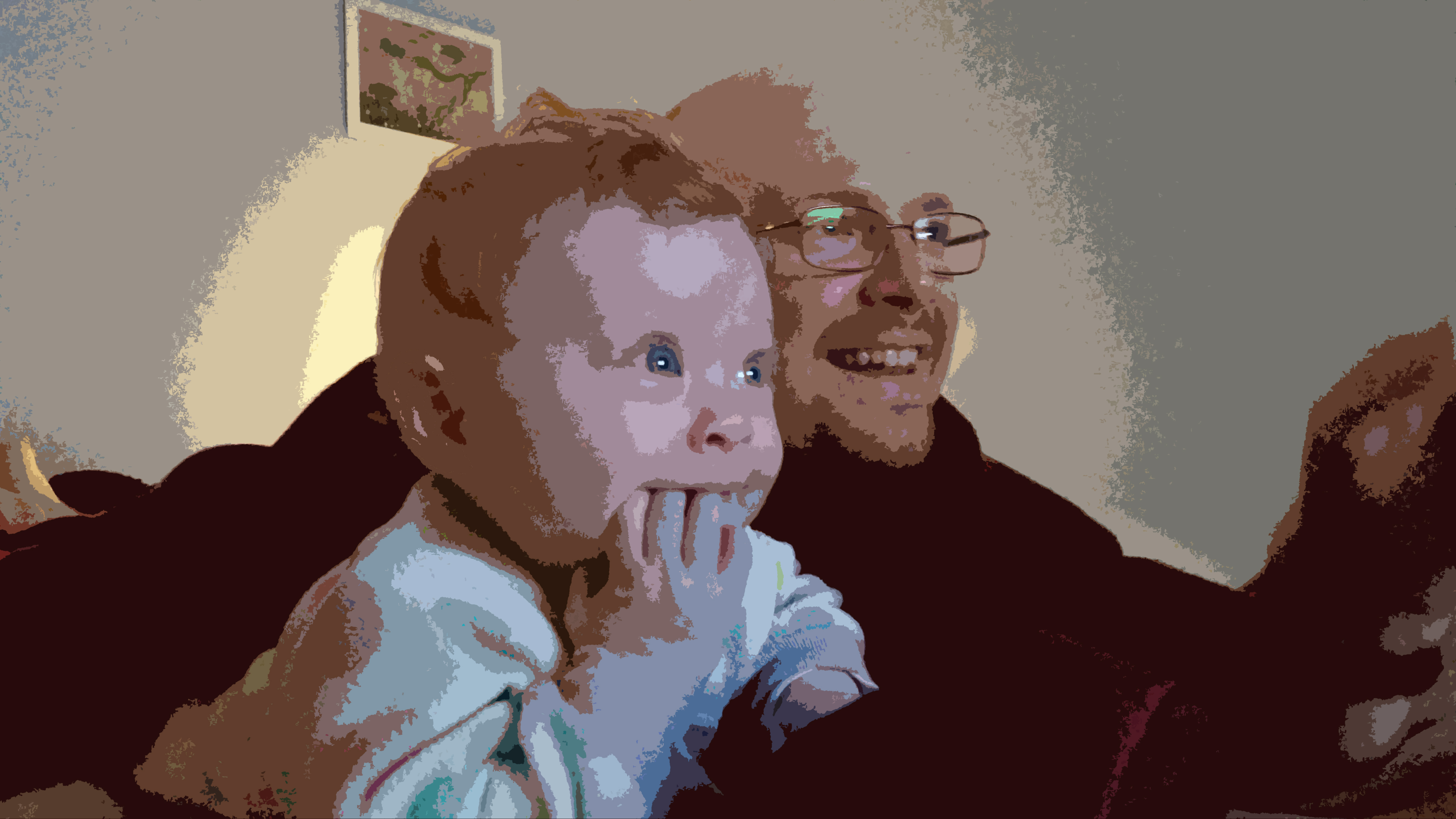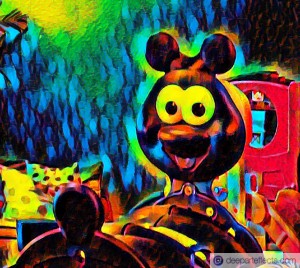 This Halloween begins with a weird anecdote.
This Halloween begins with a weird anecdote.
On more than a few occasions, my two-year-old daughter has seemed to read my mind. I would be thinking about something completely unrelated to what we’re doing, and without warning she would ask a question about or mention something related to my thoughts.
Something strange happened the other night. I was watching the new series The Haunting of Hill House. After my toddler went to bed, of course. She was up in her room, and we were in the (finished) basement.
Without spoilers: the episode contained a scene of a kid in a basement confronting a terrifying sight. This was one of only three scenes that has ever truly terrified me. The first: a scene from Star Trek: The Next Generation, in which a doctor who hasn’t had REM sleep in ages imagines she sees a room full of wrapped corpses sit up simultaneously. The second was from a movie called Boogeyman, and in it, a mass of shadows (created from innocuous objects) transforms into a boogeyman. I guess my fear is ordinary things transforming into terrifying ones.
Anyway, while watching Hill House, I became so “on edge” that my dog even jumped on my lap. He only does this is he’s cold (he wasn’t), if it’s thundering (it wasn’t), or if the smoke detector low battery is chirping (nope). I guess I was putting out “vibes of terror.”
The scene truly was my worst childhood nightmare. If I had watched it as a kid, I would never have been able to sleep. At the peak of my terror, my daughter started screaming through the monitor. This is something that happens once in a blue moon. She’s old enough that if she wakes up and needs something, she simply asks, as she’s aware we can hear her through the monitor.
This was not the case. She was simply crying and screaming. I dashed up two flights of stairs to see her standing in the middle of her room, fists clenched and tears running down her face. I asked her what was wrong, and she told me that something scared her. She could articulate no more than that.
I’m fairly sure she picked up on my vibes and had a nightmare as a result. Her screaming perfectly coincided with the height of my fear.
My family has had a long history of having weird “connectedness.” We’ve had premonitions and dreams, including dreams that coincided with each other. It’s happened enough to convince me that it’s not a coincidence. There is a connectedness that transcends the ordinary world.
It’s a theme I tackle in my novel The Man with the Crystal Ankh. In the novel, characters forge connections that last even after death and across various levels of consciousness. It’s part of why we celebrate Halloween—the glimpse at the line between life and death, a line that sometimes seems less than definite. I like to think our consciousness lives on in one form or another, whether between and among people in this world, and between this world and the next.
This Halloween season, I’ve been to several “trunk or treat” events and witnessed the togetherness of gatherings and celebrations and parades. I’ve smiled at a family pumpkin carving party and laughed while creating a pizza jack-o-lantern. This spooky time of year, when the veil between the living and the dead is at its thinnest, is perhaps the perfect time to celebrate all that makes our lives special.
Each other.




